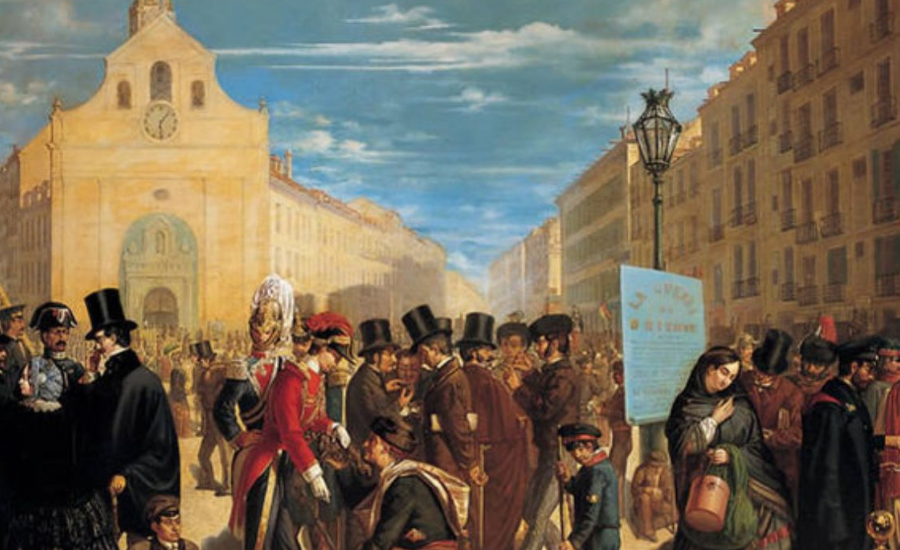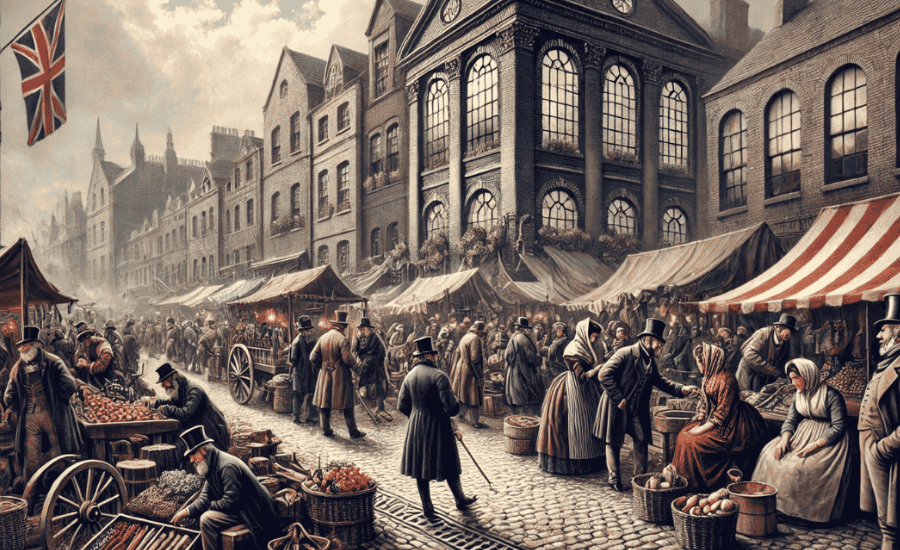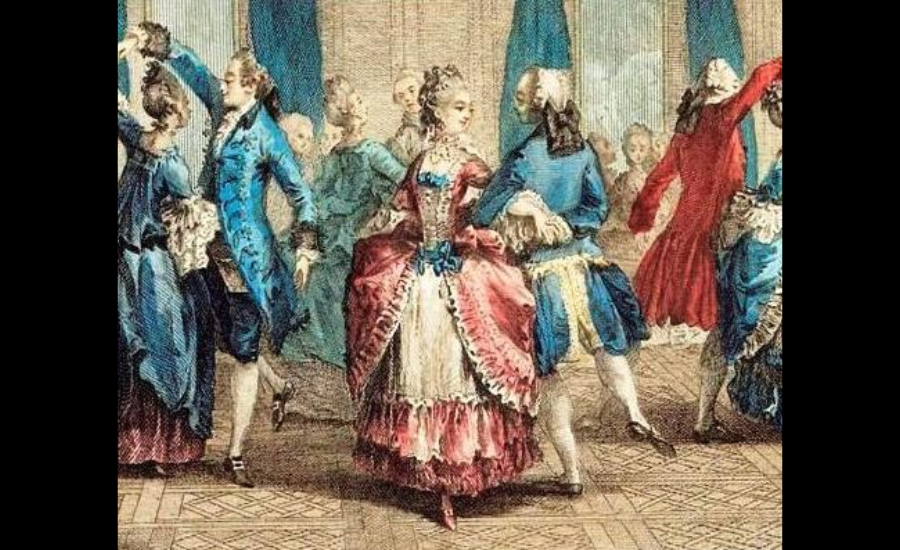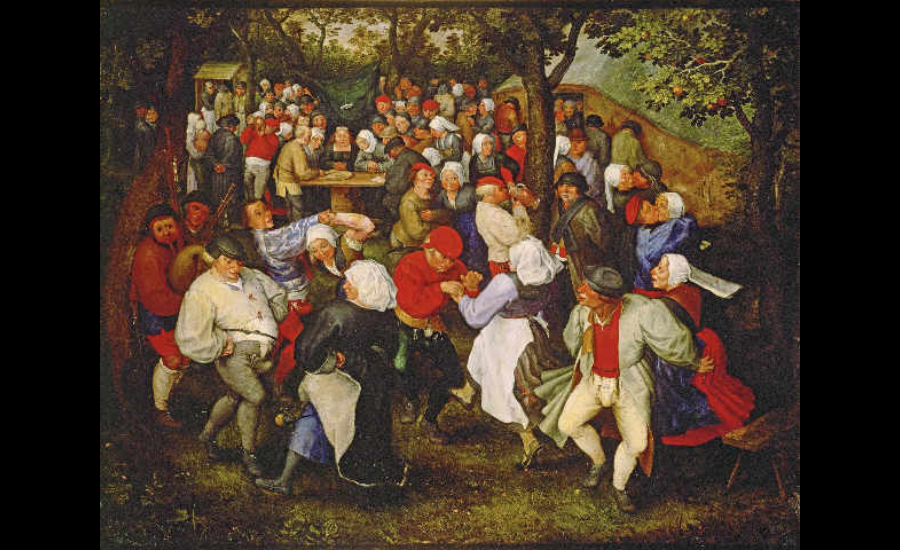The term “burguiouse” is closely linked to societal and class dynamics, representing individuals who align with the bourgeoisie. This social class exists between the working class and the aristocracy, often characterized by wealth, traditional values, and a lifestyle that emphasizes material goods. While being part of this group can imply a sense of stability and achievement, it may also evoke negative connotations, such as excessive consumerism and a fixation on social standing. Consequently, “burguiouse” embodies not only economic status but also distinct behaviors and attitudes associated with tradition and social privilege.
The Nuances of Being “Burguiouse”

Being labeled as “burguiouse” comes with inherent assumptions about lifestyle preferences, particularly concerning consumer habits and adherence to traditional values. While this term often conjures images of wealth and opulence, it tends to oversimplify the complexities within this social class. Many individuals who identify as part of the bourgeoisie actively work to challenge and redefine these stereotypes, showcasing a rich diversity of experiences and perspectives that extend beyond mere privilege and luxury.
Historical Roots of “Burguiouse”
The term “burguiouse” traces its origins to the French word “bourgeois,” which initially referred to the middle-class residents of medieval European towns and cities. By the 19th century, the concept of the bourgeoisie had evolved to denote individuals who possessed capital—particularly those who owned businesses and factories. This marked a clear distinction from the working class, underscoring themes of wealth, ownership, and social respectability.
The industrial revolution marked a significant turning point for the bourgeoisie, amplifying their influence in society and provoking both admiration and critique. The term “burguiouse” transformed during this era, symbolizing not only a specific social class but also a set of values that became intertwined with materialism, social conformity, and lifestyles focused on status and recognition.
Perceptions of Wealth and Status
Stereotypes associated with the “burguiouse” often emphasize their material comfort, luxury possessions, and strong focus on social status. Members of this class are typically perceived as financially secure, residing in upscale neighborhoods, driving high-end vehicles, and adhering to traditional values. Such portrayals suggest that the “burguiouse” are invested in maintaining societal norms and economic structures that serve their interests.
Materialism and Consumer Culture
A common stereotype asserts that “burguiouse” culture closely ties success to material wealth. Luxury goods, designer labels, and high-priced real estate are frequently viewed as markers of achievement, a notion amplified by media representations that depict “burguiouse” lifestyles as driven by consumerism and the pursuit of status. This materialistic viewpoint often prioritizes outward appearances over genuine accomplishments or core values.
Social Privilege and Economic Influence
Another widespread perception is that “burguiouse” individuals possess considerable social and economic privilege. Their access to high-quality education, healthcare, and a range of opportunities often sets them apart from lower social classes, leading to feelings of detachment from those outside their circle. Moreover, the “burguiouse” are often seen as having significant political power, frequently advocating for policies that reinforce the systems that benefit them.
The Diversity of the “Burguiouse” Class
The “burguiouse” class is far from monolithic, comprising individuals from a multitude of racial, religious, and cultural backgrounds. While some may prioritize financial success, others are drawn to intellectual pursuits or creative endeavors. This diversity highlights a broad spectrum of values, interests, and lifestyles within the class, countering the stereotype that all “burguiouse” individuals are solely driven by material wealth.
Regional and Cultural Variations
The meaning and expectations of being “burguiouse” can vary greatly across different regions of the world. In some contexts, this social class may place a strong emphasis on political engagement and social activism, while in others, the focus may remain on personal wealth and luxury as defining elements of “burguiouse” identity. These regional and cultural differences illustrate how local geography and societal norms shape the expression of “burguiouse” values in daily life.
Pursuing Happiness in the “Burguiouse” Class
For many individuals within the “burguiouse” class, the journey to happiness involves navigating the delicate balance between personal fulfillment and societal expectations. While some focus on achieving financial stability and enjoying material comforts, others find their sense of joy in nurturing family ties, cultivating meaningful relationships, and giving back to their communities through philanthropy or volunteer work. This pursuit of happiness reflects a range of priorities and values, illustrating that fulfillment can take many forms within this diverse social class.
Balancing Tradition and Modernity in “Burguiouse” Culture

A key aspect of “burguiouse” culture is the nuanced interplay between tradition and modernity. Many individuals within this class continue to uphold longstanding values such as hard work and family cohesion, while simultaneously embracing technological innovations and progressive ideals. This dynamic tension between the past and the present highlights the complexities of “burguiouse” identity, as people strive to navigate a rapidly changing world while remaining anchored in their core principles.
The Influence of “Burguiouse” Culture
The reach of “burguiouse” culture extends far beyond its own members, particularly in areas such as fashion, entertainment, and social norms. With significant economic power, the “burguiouse” class plays a pivotal role in setting trends that define what is considered desirable, stylish, and socially acceptable. Their tastes and preferences often drive entire industries, shaping consumer behavior and lifestyle choices in profound ways.
Criticism of the “Burguiouse” Class
Despite their considerable influence, the “burguiouse” class frequently encounters criticism for what some perceive as an obsession with materialism and superficiality. Detractors argue that an overemphasis on wealth and possessions can lead to a disconnect from pressing social issues, particularly those impacting lower-income groups. This sense of detachment may contribute to heightened social tensions and reinforce negative stereotypes associated with the “burguiouse.”
Contributions to Society
On the positive side, many individuals within the “burguiouse” class actively contribute to societal well-being through philanthropy and support for the arts. Their patronage of cultural institutions, charitable organizations, and educational initiatives has historically defined this class. These efforts play a crucial role in fostering social and cultural development, enriching communities, and promoting overall societal health.
Economic Impact
In addition to their philanthropic endeavors, the “burguiouse” class serves as a vital force in the economy, playing a significant role in job creation, investment, and local development. By backing businesses and driving economic growth, they help sustain the vitality of both local and national economies. Their influence, encompassing both positive and negative aspects, underscores the complex role this class plays in shaping societal dynamics.
The Evolving Concept of “Burguiouse”
The term “burguiouse” has undergone significant transformation throughout history. Initially referring to a specific social class, it now encompasses broader themes related to societal, economic, and political structures. In contemporary discussions, understanding the “burguiouse” is crucial for comprehending the dynamics of modern social and economic systems.
Historical Roots of “Burguiouse”
The origins of “burguiouse” can be traced back to the French word “bourgeoisie,” which surfaced during the Middle Ages. This term originally described residents of fortified towns or boroughs, particularly those involved in trade and commerce. Positioned between the nobility and the peasantry, this emerging middle class played a vital role in urban growth, with a focus on commerce and wealth creation that set them apart from other social strata.
Rise of the Burguiouse Class
As history unfolded, the prominence of the “burguiouse” class increased, especially during the 17th and 18th centuries. The advent of capitalism and the Industrial Revolution led to a substantial expansion of this class, particularly in Europe. These changes opened new pathways in manufacturing, trade, and entrepreneurship, allowing the middle class to amass wealth and wield influence.
Political Power of the Burguiouse
With the growth of their wealth came increased political power. What began as a group of ordinary townspeople evolved into a significant force within governmental and societal frameworks. Their advocacy for political representation played a crucial role in shaping contemporary democratic systems.
The Role of the French Revolution
The French Revolution notably showcased the political agency of the “burguiouse” class, which was instrumental in dismantling the monarchy and confronting the nobility. They championed ideals such as liberty, equality, and fraternity—principles that laid the foundation for the modern French Republic.
The Ongoing Influence of the “Burguiouse” Class

In today’s society, the “burguiouse” continue to be pivotal in shaping economic and social trends. This class often consists of professionals, entrepreneurs, and investors who serve as key drivers of economic growth. Their activities not only foster innovation and job creation but also influence cultural and lifestyle dynamics, reflecting their ongoing significance in contemporary life.
Addressing Criticism and Challenges
In spite of their significant influence, the “burguiouse” class often faces scrutiny for what many perceive as an obsession with materialism and superficial values. Critics argue that an excessive emphasis on wealth and possessions can create a disconnect from pressing social issues, particularly those affecting lower socioeconomic groups. This sense of alienation may heighten social tensions and reinforce negative stereotypes associated with the “burguiouse.”
Positive Contributions to Society
On the other hand, numerous individuals within the “burguiouse” class actively contribute to societal well-being through philanthropy and support for the arts. Historically, their patronage of cultural institutions, charitable organizations, and educational initiatives has been a defining characteristic of this class. These efforts are vital in promoting social and cultural progress, enhancing community welfare, and fostering overall societal advancement.
Economic Influence
The “burguiouse” class also plays a crucial role in the economy by driving job creation, investment, and local development. Their support for businesses and engagement in economic activities help sustain the health of both local and national economies. This dual impact—positive and negative—highlights the complex role of the “burguiouse” in shaping contemporary society.
Exploring the Concept of “Burguiouse”
The term “burguiouse” has evolved significantly over time. Originally used to identify a specific social class, it now encompasses a broader range of ideas related to societal, economic, and political systems. Understanding the “burguiouse” is increasingly important for analyzing the dynamics of modern social and economic frameworks.
Historical Origins
“burguiouse” traces its roots back to the French word “bourgeoisie,” which emerged during the Middle Ages. It described individuals living in fortified towns or boroughs, particularly those involved in trade and commerce. This middle class occupied a distinct position between the nobility and the peasantry, helping to forge a unique social identity.
Rise of the Burguiouse Class
As history unfolded, particularly in the 17th and 18th centuries, the significance of the “burguiouse” class began to rise dramatically. With the advent of capitalism and the Industrial Revolution, this class experienced substantial growth, especially in Europe. The evolving landscape offered new opportunities in manufacturing, trade, and entrepreneurship, allowing the middle class to amass wealth and influence.
Political Power of the Burguiouse
With increasing wealth came greater political power. Once viewed merely as ordinary townspeople, the “burguiouse” gained considerable influence within governmental and societal structures. Their push for political representation was instrumental in shaping modern democratic systems, solidifying their role in the evolution of contemporary governance.
The Role of the Burguiouse in Modern Society
In today’s world, the “burguiouse” class remains a vital force in shaping economic and social landscapes. Comprising professionals, entrepreneurs, and investors, they play a crucial role in driving economic growth. Their focus on education, career accomplishments, and financial stability significantly influences societal evolution.
Challenges Faced by the Burguiouse
Despite their contributions, the “burguiouse” class faces numerous challenges in the current environment. In many areas, escalating economic inequality has heightened tensions between the “burguiouse” and other social classes. For some, the term “burguiouse” has taken on negative connotations, symbolizing elitism and a detachment from those experiencing financial hardships.
Political Engagement of the Burguiouse
Politically, many members of the “burguiouse” class advocate for policies that foster economic growth and social stability. However, this often creates tensions between progressive and conservative viewpoints, complicating their role within society. As they navigate the intricacies of contemporary political discourse, the “burguiouse” must balance their interests with the broader concerns of the community.
Final Words
The concept of “burguiouse” encompasses a social class that lies between the working class and the aristocracy, often characterized by material wealth and traditional values. This class, historically rooted in the bourgeoisie, has evolved over time, influencing both economic and cultural landscapes. While “burguiouse” individuals are frequently associated with consumerism and social privilege, they also contribute positively through philanthropy and cultural patronage. However, the class faces criticism for perceived elitism and detachment from pressing social issues, highlighting the complexities of their identity. Today, the “burguiouse” class continues to play a pivotal role in driving economic growth, shaping societal trends, and navigating the tensions between tradition and modernity. As they engage in political discourse, the challenge lies in balancing their interests with broader societal concerns, ensuring their influence fosters a more inclusive and equitable future. Understanding the “burguiouse” is essential for grasping the dynamics of contemporary social and economic systems.
Stay in the loop for upcoming updates and alerts! Creative Insider


